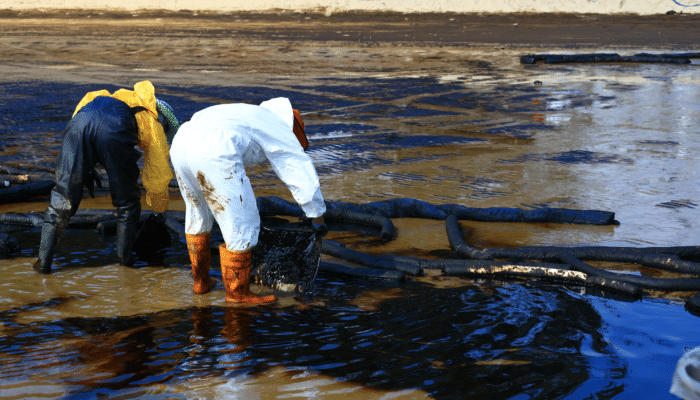
The Environmental Time Bomb: Understanding Waste Oil Mismanagement
Mishandling waste oils has severe environmental consequences, yet remains a little-known global issue. This blog post sheds light on the problem and solutions.
Biofabrik’s WASTX Oil makes it possible to recycle liquid residues such as waste oil, used diesel and heating oil residues, as well as kerosene and marine oils, in a decentralized and highly profitable manner.





Known from:





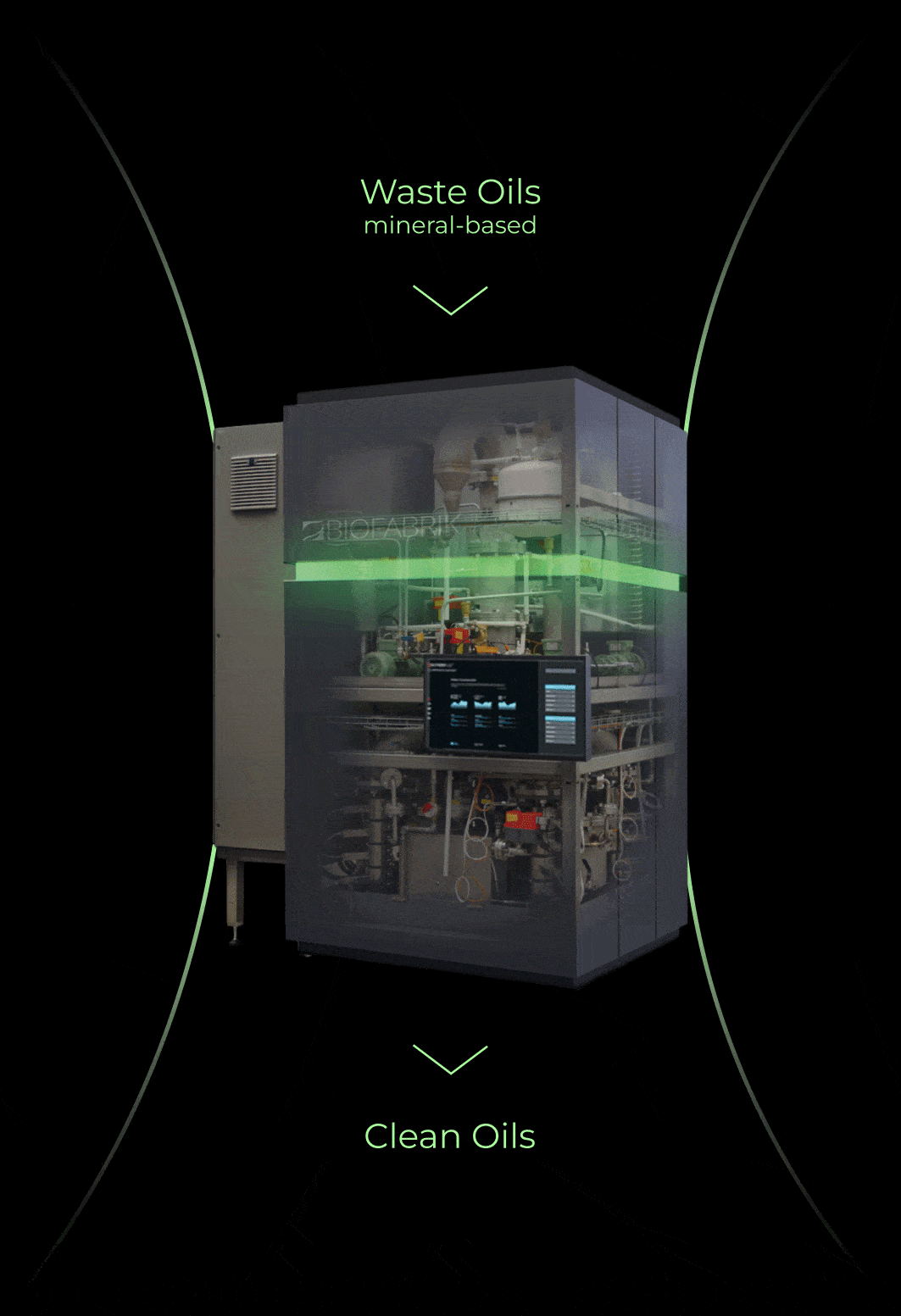
WASTX Oil operates where the residual oils are generated or collected.
The control technology has been perfected through years of development.
Worldwide delivery and support through a strong partner network.
Discover how we’re making a difference & convince yourself – visit us on-site or virtually!
Worldwide, 25 million tons of waste oil are generated each year. This equals a chain of tanker trucks strung together from the North Pole to the South Pole. Even in countries with an infrastructure for the disposal of waste oils, these valuable oils are usually simply used as substitute fuel instead of being returned to the material cycle.
From 1 liter of waste oil up to 0.9 liters of recycled oil
A problematic waste material becomes a valuable product
Up to 2,500 liters per day and module, scalable as requested
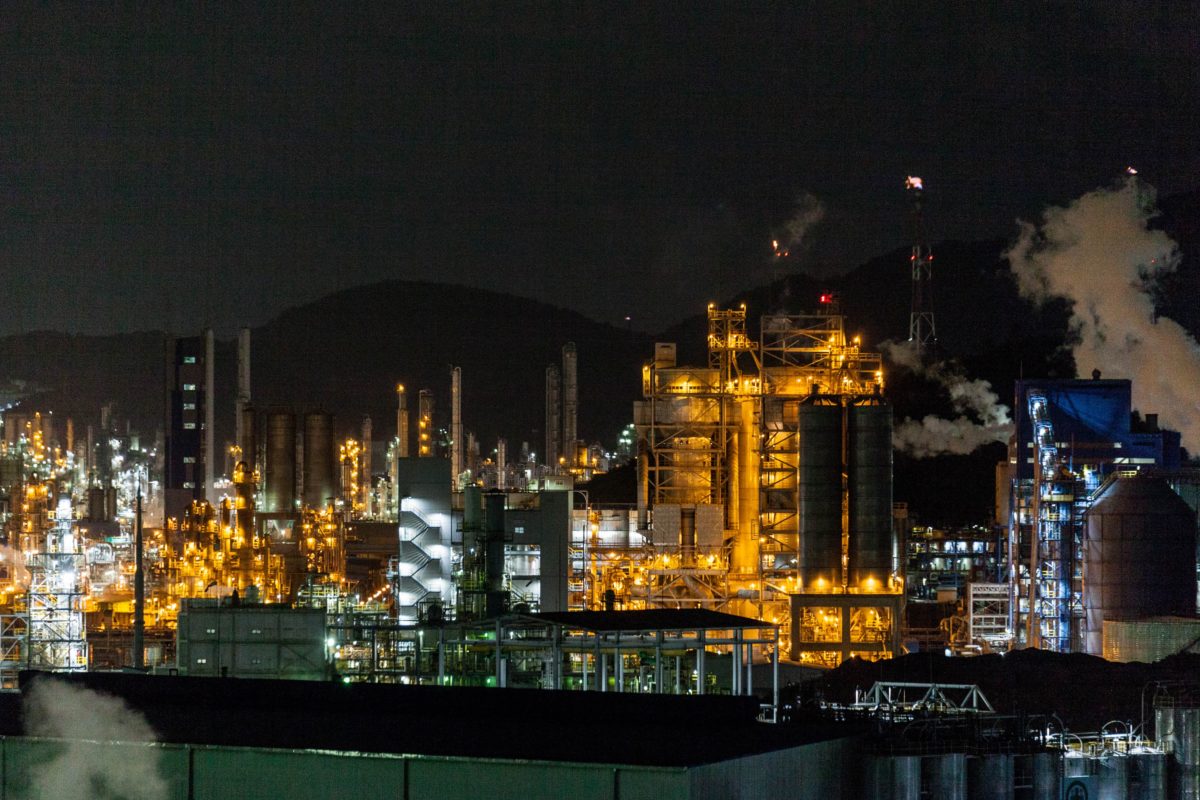
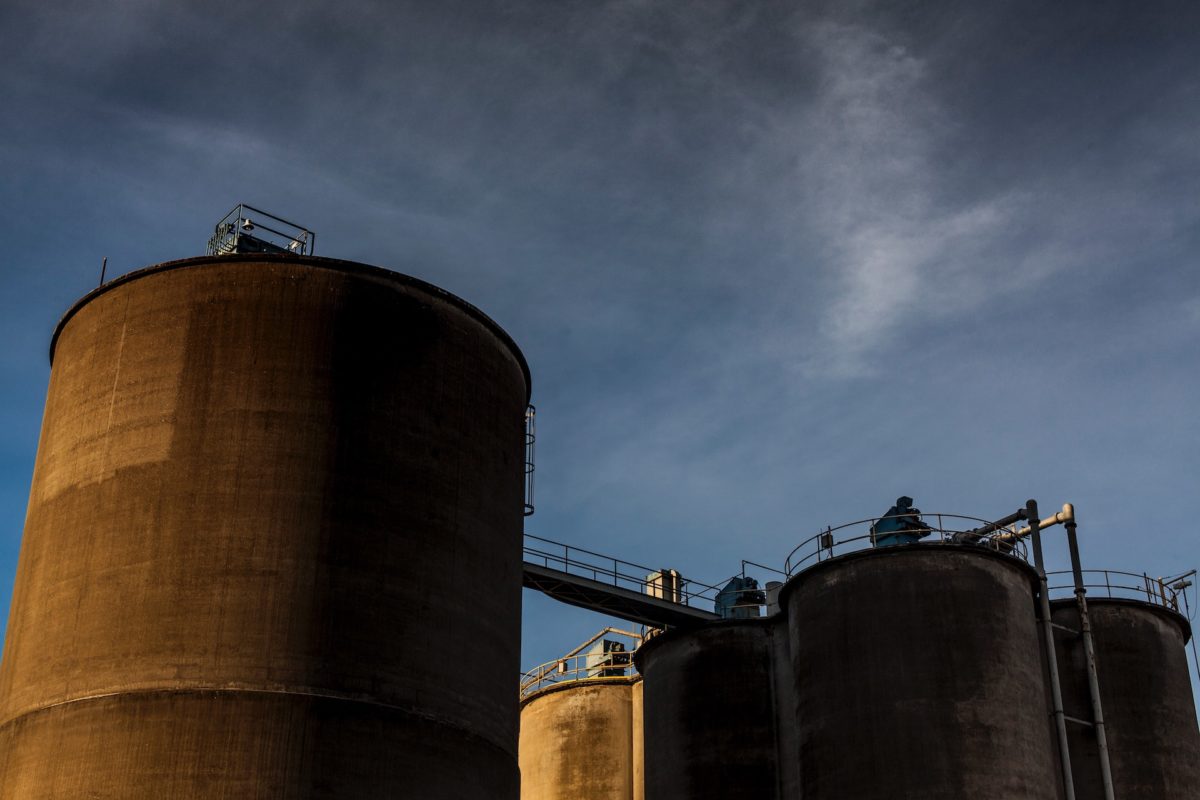
Over time, sludge accumulates in storage tanks for heating oil and diesel, which must be removed regularly and usually disposed of at a charge. With the WASTX-Oil, these oil fractions can be recycled, decentralized and highly profitable.
The WASTX Oil transforms sludge oil into a high-quality heavy oil and gasoil fraction that can be returned into the material cycle. Our technology offers port authorities, maritime organizations and tank as well as bunker cleaning companies an alternative to incinerating their shipping waste.
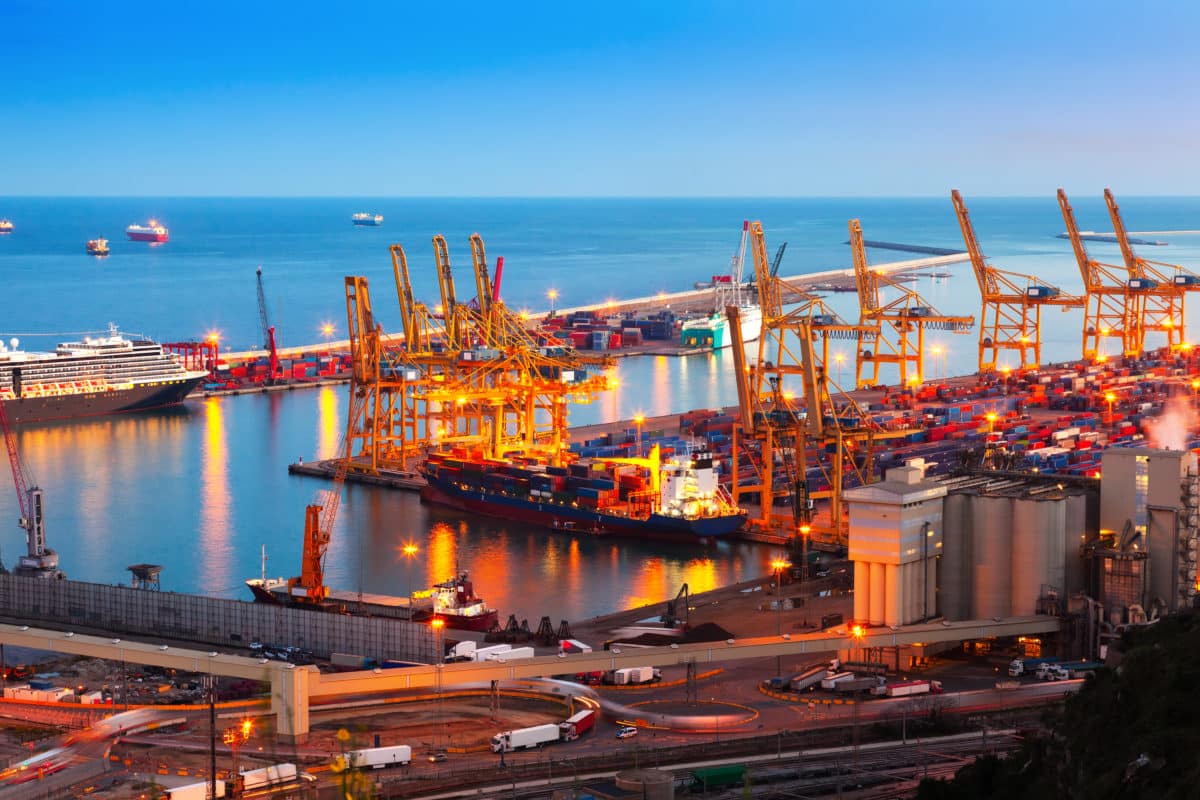

With many years of experience, our engineering team is able to realize projects of any size. The result is customized turnkey recycling plants including site, infrastructure and safety planning, detailed engineering, installation and consulting.
With certified partners in 36 countries to date, our customers receive on-site, all-round service from a single source – in the local language, with fast service times and trained by us in Germany. We are currently represented in the following countries:
In addition to international distributors, we are also looking for development partners for our global series production. Here you can apply for our recurring partner event:
We are guided by the UN Sustainability Development Goals
Yes, you can see our plant in operation. We offer both online demonstrations and personal on-site tours to give you a first-hand look at how we’re making a difference. Just get in touch with us to schedule a time that works for you!
We offer a feedstock analysis (FSA), where we thoroughly analyze your waste stream to determine its quality and output potential. This analysis helps us understand the potential Return on Investment (ROI) and ensure your satisfaction before making any initial investment. If you’re interested in testing your waste, please get in touch with us here and we’ll be happy to help.
You can contact our sales team at any time. They will explain in more detail the different financing options for our technologies. Part of this team are the direct employees of Biofabrik as well as the contact persons of the worldwide distributor network. The configuration of the plant is done according to the type and amount of material you plan to recycle with the plant. Further details and the individual delivery offer can be discussed with your sales representative.
This depends on the legislation of the respective country. Therefore, local building and environmental authorities must be contacted. For more information, please contact our sales department.
Maintenance should be performed every 90 days, during which the plant must be cleaned. In addition, a one-week maintenance of the system should be performed once a year.
Our sales department can give you more detailed guidance according to your purchase request.

Mishandling waste oils has severe environmental consequences, yet remains a little-known global issue. This blog post sheds light on the problem and solutions.
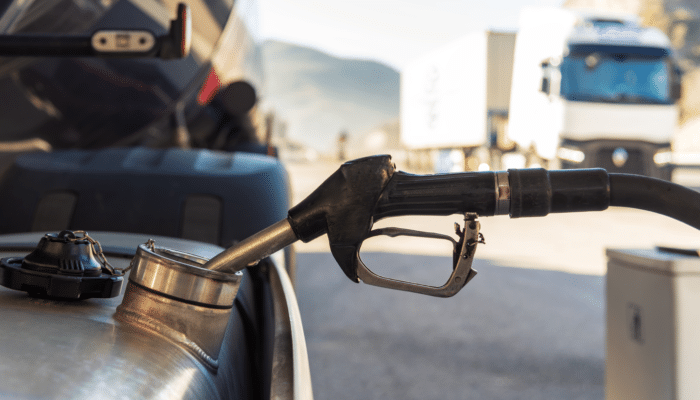
This blogpost aims to give a comprehensive understanding of how to make diesel from waste oil and the benefits and challenges that come with it.
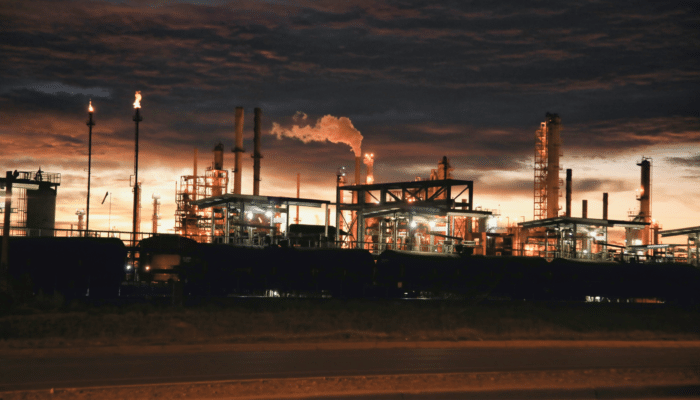
This article aims to provide a comprehensive understanding of waste oil recycling management, giving answers to the most frequently asked questions.